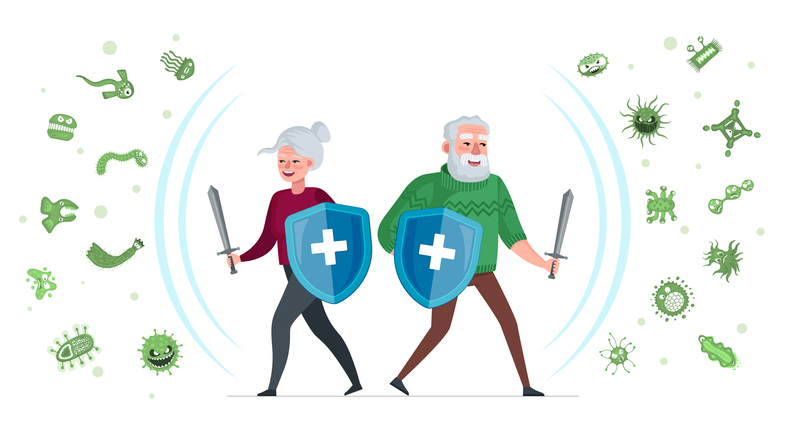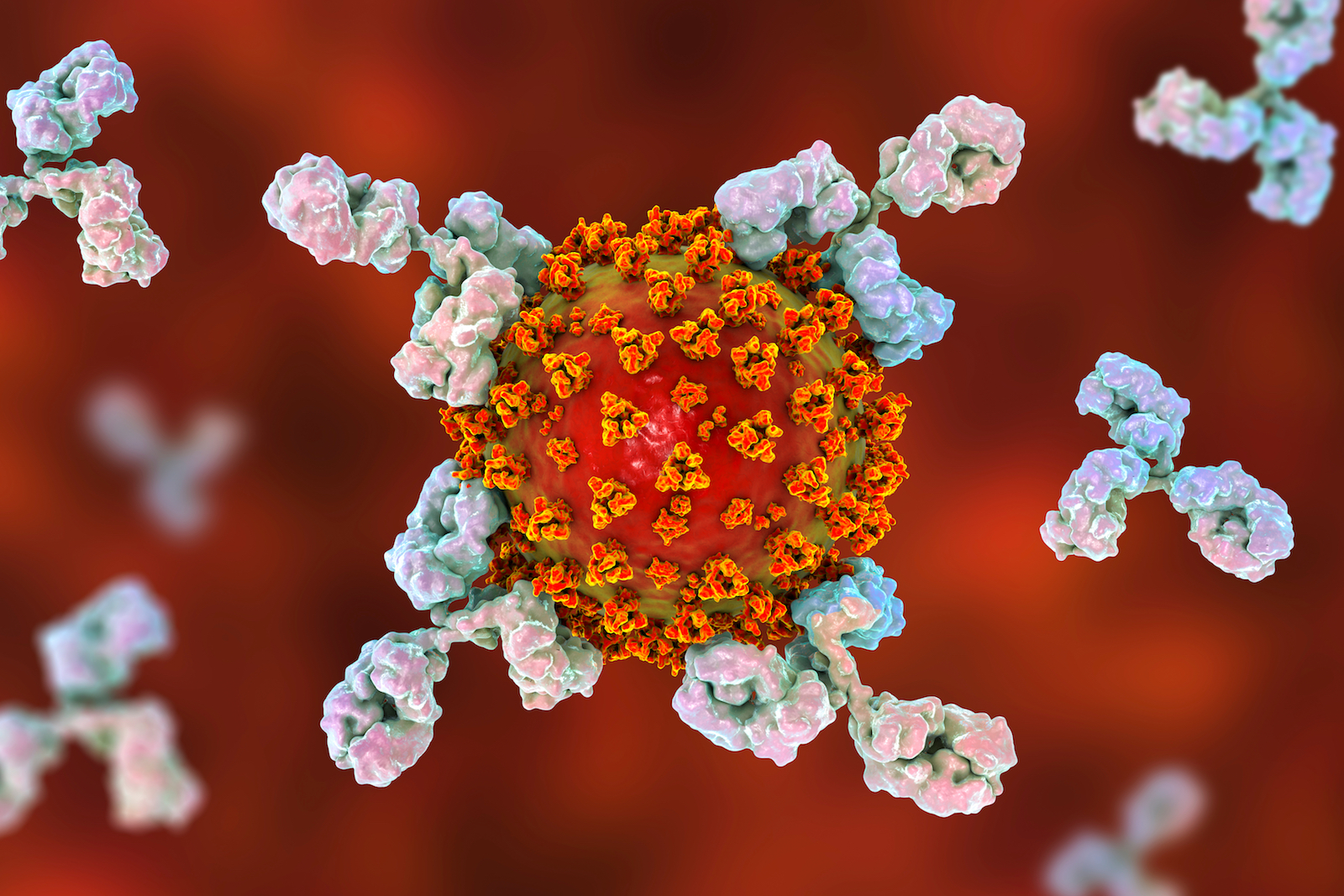As we age, some cells of the immune system seem to lose their memory and revert to resembling those of infants. This makes them less effective in responding to previously encountered pathogens and could have implications in the development of new vaccines










